The Best Vegetables For Dogs You Can Find !

Dogs are the oldest friend of humans. However, when we take out the processed food out of equation, little do we know what to feed them. Although we have a notion that dogs are meat eaters, isn’t there something that we are missing out. The debate carries on when it comes to include vegetables in your dog's diets. The question is: Are vegetables good for dogs?
You may find different forums saying different things. Some would completely disagree to this and there would be groups that will completely support vegetables to be the best. However, finding out what suits your pet and what not is a completely different experience. Instead of working on questions like can dogs eat carrots or can dogs eat broccoli, why not investigate the matter all by yourself.
Your pet is all you need to understand when it comes to understanding its diet. But you should always know which one to try and which one not to. Few vegetables are toxic to dogs such as onions. However, there is a huge list of vegetables that you can give it to your pet while keep noticing if you find that vegetable in its bowel movement. If yes, better to stay away with that option too.
Safe Vegetables for Dogs that You can Give
Before embarking on the list, lets just keep two things out of the count: Onion and Garlic. These are poisonous to your pet. Even the onion powder can create serious health problems. Apart from these, you should also stay clear of wild mushrooms and Rhubarb. Corn is also known to be allergic among many pets. So, why to take any chances when you have pretty big list to serve your pet with.
Asparagus:
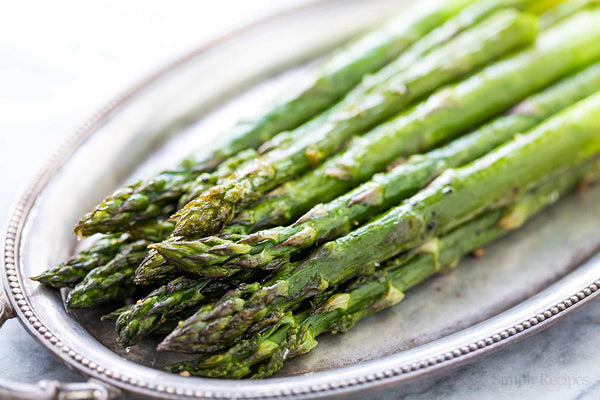
This vegetable is rich in vitamins and is a great source of Potassium. These are also high in good fibre. So, if you are choosing to give this to your pet, only remember to serve in small sizes. If you like, you can also serve it after cooking to make it softer. This will allow for easier digestion and will avoid any choking hazard.
Broccoli:
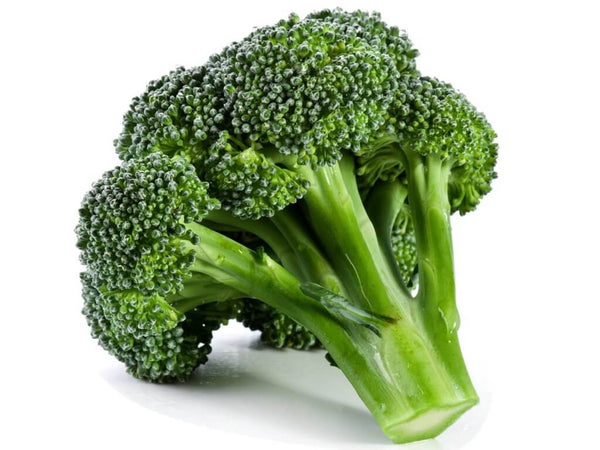
Broccoli is again high in fibre. It is a great source of vitamin C too. However, it should be served in small quantity without the steam. Or else, it can cause stomach irritation, especially in small dogs.
Pumpkin:
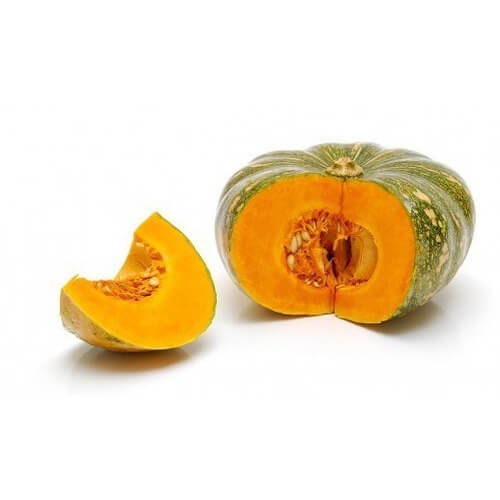
This is again a very healthy food for your dog. Good for those pets who suffer from constipation as it attributes for high fibre. It also contains minerals and vitamins and make up for the great water source. All these benefits make it great for stomach and digestion.
Zucchini:
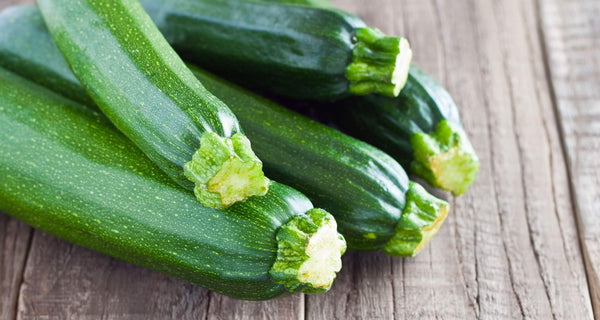
This vegetable is rich in Magnesium, Vitamin C as well as Potassium. If your pet does not like zucchini, you can shred it on their regular food. They will eat it without even noticing it. It would also be easier for the digestion.
Sweet Potato:
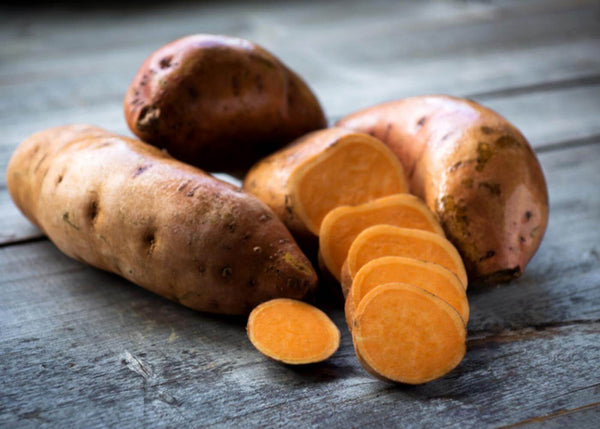
The benefit of this vegetable is similar to the pumpkin. If you are including any of the two, let it be the only vegetable for the day. It also helps in regular bowel movement and irradiates digestion.
Carrots:
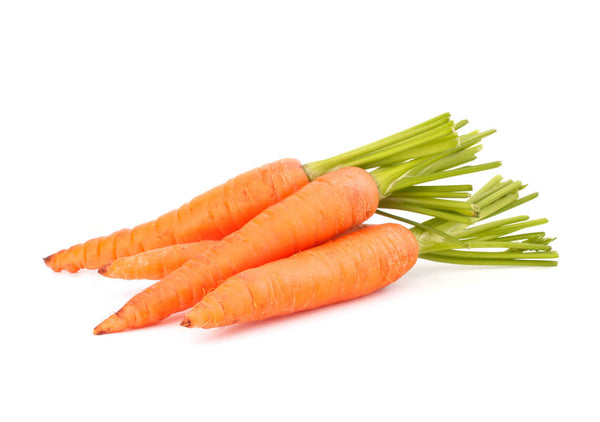
This is a great vegetable for maintaining pet’s teeth. These are low in calories and offer huge benefit when it comes to teeth and gum health. However, few dogs cannot digest carrot and you will notice the vegetable in the bowel movement. If that happens, you can try giving it after cooking for a while. Or else, it will cause upset stomach.
Green Beans:
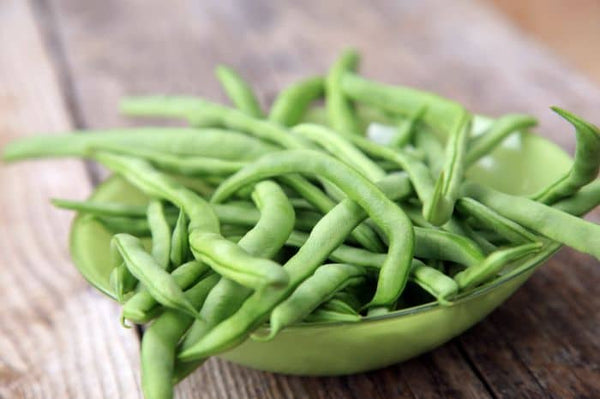
Like humans, dogs also need protein and iron. And, green beans can provide them both. If your pet is gaining weight, this can be a great snack for them to lose few kilos.
Cauliflower:
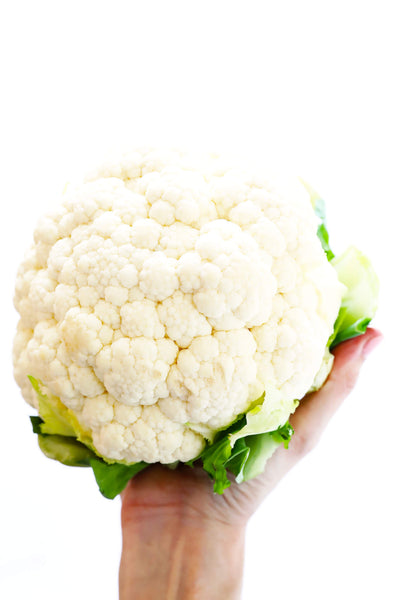
You can serve this to your pet either cooked or raw. This vegetable contains antioxidants and various vitamins. It is also great for those dogs suffering from inflammation as well as arthritis. Do not serve this with steam and leaves. And, make small pieces when you treat them with cauliflower.
Brussels Sprouts:
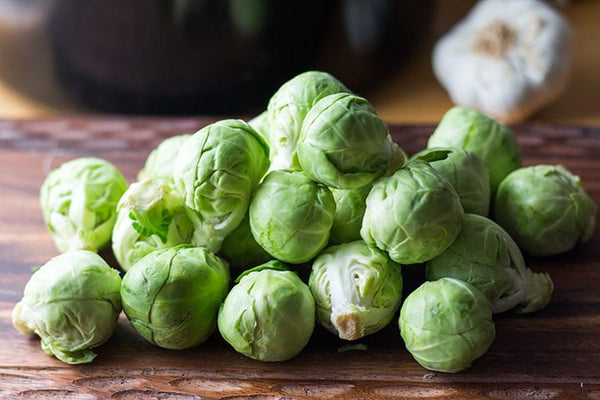
Although not many dogs like this vegetable, if your falls in a different category do not forget to share this treat with your dog. These are rich in Vitamin K and C. However, remember to serve it after cooking to avoid chocking in dogs.
Cucumber:
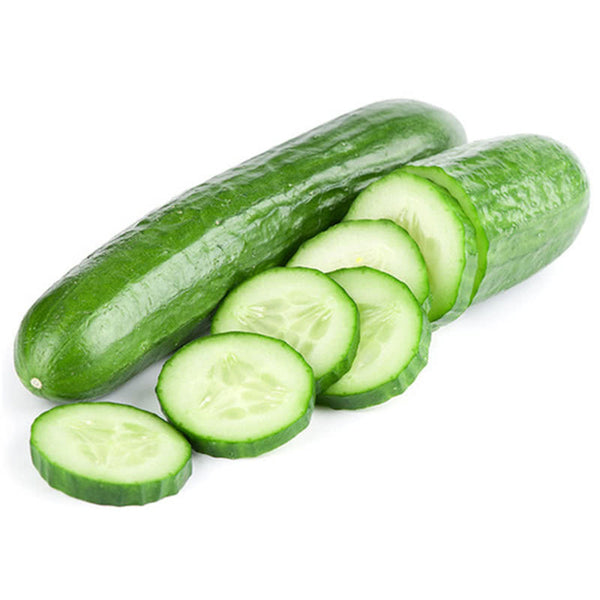
There are many vegetables that may not be friendly for dogs with weight issues. However, this one is. Little to no fat makes this vegetable for dogs a real star.
Bell Pepper:
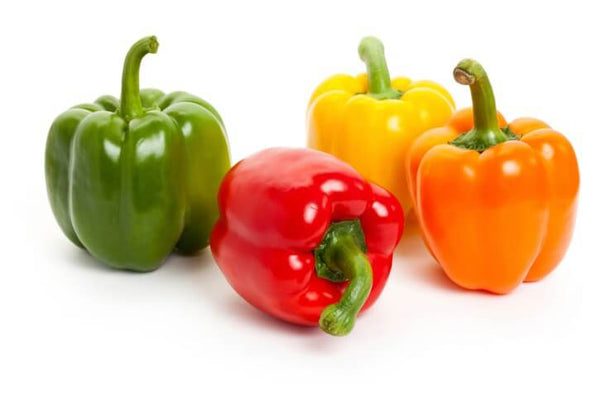
Pick any color and you will be amazed by its advantages. These are rich in beta carotene, antioxidants and fibre. Bell Peppers help in boasting immune system. Cut in small sized before serving it to your pet.
Tips to Remember
Before you start giving any vegetable to your dog, make sure that the amount is always in moderation. It should not exceed 20% of the diet. Alongside, if there is any medical condition your dog is treated for, remember to consult your vet before introducing anything new in the plate.
Another helpful tip is to start slow. Not every pet reacts to favorable vegetables the same way. Your pet may be allergic to an option that is considered the vegetable for dogs. So, introduce a vegetable slowly and in small quantity. If you feel that the vegetable is making any problems to your pet, stop that right away.
The Verdict
It is a great idea to introduce vegetables to your pet’s diet as it fills for the vital nutrients that are not available otherwise. If you are looking for details, you must be taking good care of your pet. And, your dog is in really good hands.
Dogs need nutrients for healthy body. As they grow old, they need more time and patience of ours. Introducing vegetables for dogs is a great way to start a healthy life style for your fur buddy. Just be careful about the quantity and options you choose to serve them.
